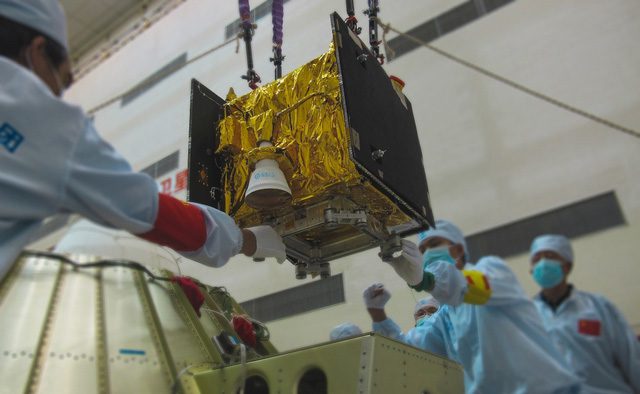The success of China’s equipment showcases the potential for big data mining by private companies.

Yangwang-1 satellite from Origin Space Technology.
On June 11, 2021, China launched a total of four devices from the Taiyuan Satellite Launch Center located in the northern province of Shanxi. Among them was Yangwang-1, an astronomical satellite equipped with ultraviolet cameras and CMOS light sensors, developed by Origin Space Technology.
In addition to its mission of detecting near-Earth asteroids, Yangwang-1 can also observe phenomena occurring in Earth’s atmosphere, such as auroras, and monitor the night sky. Last weekend, Origin Space Technology announced another breakthrough achievement of Yangwang-1.
China’s device has become the world’s first commercial satellite to successfully survey the entire sky of Earth using optical technology. This achievement simultaneously highlights the potential of major private technology companies. Future astronomers will have access to a wealth of additional data sources, alongside significant projects from renowned aerospace organizations like NASA (USA) and ESA (Europe).
In the near future, Origin Space plans to build a constellation of satellites, including a series of space telescopes across various wavelengths, to diversify the data collected. The first system of 10 satellites is expected to be completed in 2023.
Chinese commercial satellite successfully surveys the Earth’s sky.
Not stopping there, Origin Space Technology also intends to mine resources from asteroids for industrial purposes. According to the schedule provided by the company, they will conduct the NEO-X mission in 2025, aiming to successfully capture a near-Earth object using a high-tech net.





















































